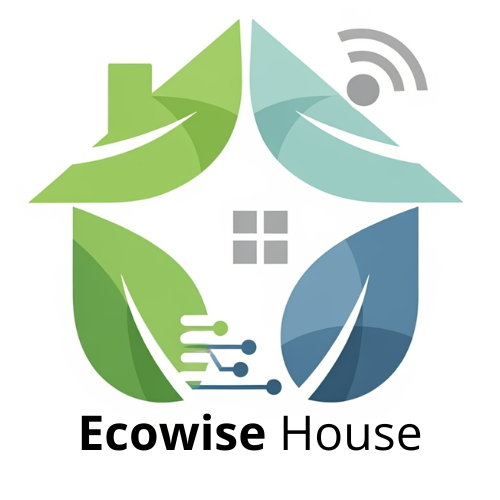The Fully Automated Green Kitchen: How Smart Appliances Can Coordinate for Optimal Energy Use and Minimal Waste
Imagine a kitchen where appliances anticipate your needs and work together to minimize environmental impact. A future where food waste is a distant memory and energy consumption is intelligently managed. Welcome to the fully automated green kitchen, a space powered by smart technology and designed for sustainability.
The Orchestration of Smart Appliances
The heart of the automated green kitchen lies in the interconnectedness of its appliances. Forget isolated devices; we’re talking about a network. Your smart refrigerator, for example, goes far beyond simply keeping food cold. Equipped with sensors and AI, it can track expiration dates, monitor food levels, and even suggest recipes based on what you have on hand. This data is then shared with other appliances.
Imagine this scenario: Your refrigerator detects you’re running low on vegetables and communicates with your smart oven. The oven, knowing you’re likely to cook a vegetable-based dish, preheats only to the necessary temperature, avoiding unnecessary energy waste. Furthermore, the refrigerator can automatically generate a shopping list and send it to your smartphone, preventing impulse buys and potential food spoilage.
- Smart Refrigerators: Track inventory, monitor expiration dates, suggest recipes, and generate shopping lists.
- Smart Ovens: Optimize preheating based on the type of food being cooked and integrate with smart recipes.
- Smart Dishwashers: Adjust water and energy usage based on the load size and soil level.
Intelligent Energy Management
Energy consumption is a major concern in any kitchen. The automated green kitchen tackles this head-on with intelligent energy management. Appliances are programmed to operate during off-peak hours when energy rates are lower. They can also adjust their power usage based on real-time grid conditions, contributing to a more stable and sustainable energy infrastructure.
Consider a smart dishwasher. It can delay its cycle until after midnight, when electricity is cheaper, or it can communicate with your smart home system to run only when solar panels are generating excess energy. Similarly, a smart oven can automatically adjust its temperature based on energy prices, opting for slower cooking methods when electricity is expensive.
Furthermore, smart appliances can provide detailed energy consumption reports, allowing you to identify areas where you can further reduce your environmental footprint. Gamification features can even be implemented to incentivize energy-saving behaviors.
Waste Reduction and Composting Integration
Food waste is a significant contributor to landfill waste and greenhouse gas emissions. The automated green kitchen actively combats this problem through several strategies. First, the smart refrigerator’s inventory tracking system helps prevent food from expiring unnoticed. Second, integrated composting systems can efficiently process food scraps into nutrient-rich compost for your garden.
Advanced composting systems can even analyze the type of waste being composted and adjust the composting process accordingly. They can also provide real-time feedback on compost quality and suggest adjustments to optimize the process.
Moreover, smart trash cans can identify recyclable materials and provide guidance on proper sorting, further reducing landfill waste. Some systems can even automatically separate recyclables, making the process more convenient and efficient.
The Future of Sustainable Cooking
The fully automated green kitchen is more than just a collection of smart appliances; it’s a holistic system designed to minimize environmental impact and promote sustainable living. By intelligently coordinating energy usage, reducing waste, and streamlining food management, it offers a glimpse into a future where technology and sustainability work hand in hand. As technology advances and becomes more integrated, expect even more innovative solutions to emerge, making the green kitchen an indispensable part of a eco-conscious lifestyle.

